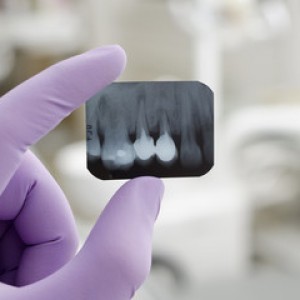Olympic Athletes at Greater Risk of Poor Oral Health
The Oral Health Foundation is encouraging Olympics athletes to take good care of their teeth. A study carried out by the foundation indicates that elite athletes have a higher risk of dental erosion and cavities compared to people who trained less. The constant snacking on bars, gels, and sports drinks lower the PH of the mouth to below 5.5 increasing both erosion and decay.
Read more here

 An investigation by The Times has found that NHS dentists have needlessly extracted through surgery thousands of teeth from their patients all in the pursuit of profits. The reporters found that NHS dentists find it more lucrative to extract a tooth rather than to try to save the tooth.
An investigation by The Times has found that NHS dentists have needlessly extracted through surgery thousands of teeth from their patients all in the pursuit of profits. The reporters found that NHS dentists find it more lucrative to extract a tooth rather than to try to save the tooth. Research has increasingly shown that your dental health can have a significant effect on your overall health.
Research has increasingly shown that your dental health can have a significant effect on your overall health. Tooth decay is the most common chronic childhood disease. What can parents do to help kids' teeth stay healthy?
Tooth decay is the most common chronic childhood disease. What can parents do to help kids' teeth stay healthy?
 The American Dental Association (ADA) recommends that adults without apparent dental problems should not have dental X-rays every year. The ADA says that adults who take proper care for their teeth can go two to three years between bitewing X-rays.
The American Dental Association (ADA) recommends that adults without apparent dental problems should not have dental X-rays every year. The ADA says that adults who take proper care for their teeth can go two to three years between bitewing X-rays. These tips will help you prolong the effects of teeth whitening.
These tips will help you prolong the effects of teeth whitening.


